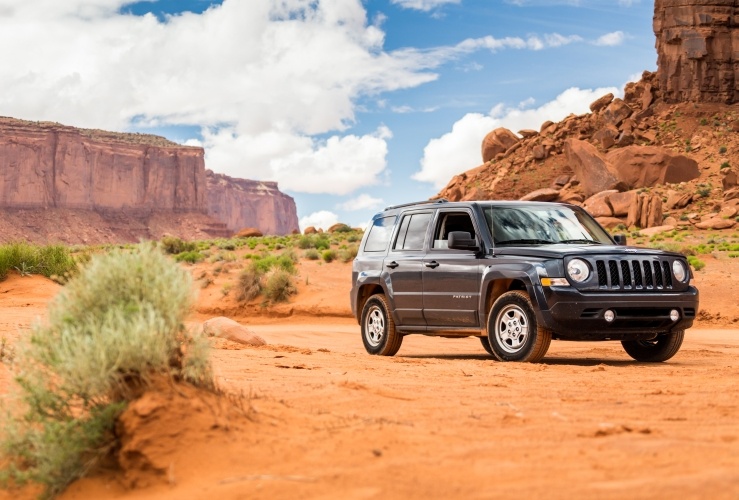
A sports utility vehicle – or SUV – mixes the characteristics of a car with a high seating position, off-road capabilities and a rugged image. The popularity of the SUV shows no sign of abating, with more brands entering this lucrative segment every year. But with so many models available, how should you go about choosing one? Here are ten tips to help.
Be aware that some SUVs can lean a lot into corners. For sedate urban trips this may be of little concern, but if you plan on taking your vehicle off road or onto more challenging roads, it could be an issue.
Two wheel drive uses less fuel, while four wheel drive gives you more agility off-road. Again, how you drive will determine which is best for you.
Smaller motorists may struggle to reach boot lids when open. Electric boot lids, however, could solve this problem.
Most SUVs have five seats, with the rear three folding flat. Understand how much storage space you need or want when considering an SUV.
Make sure any prospective SUV features storage space for keeping items like mobile phones, purses and handbags safe.
Some SUVs are extremely economical to drive, but fuel consumption can vary a great deal between models. If fuel economy is important to you, brush up on MPG figures and engine types before you buy.
Buying a new SUV is a substantial purchase, so you want to know it won't cost you hundreds of pounds extra in repairs. Check out JD Power’s Vehicle Dependability Survey to learn about the most reliable brands on the market.
From passenger airbags to child safety locks, safety is an important consideration when buying any vehicle. Find out about the safety rating of a prospective SUV by visiting EuroNCAP. A given car's performance in relation to the safety of adults, children and pedestrians is provided, along with a safety assist rating.
Hybrids – which combine both electric and gas – usually give you the best fuel efficiency. Be aware, however, that hybrids cost more to buy and tend to offer less space than normal SUVs due to the size of the battery pack. Despite these drawbacks, long-term use of a hybrid SUV could save a lot in running costs.
While performance, reliability and fuel economy are crucial for many consumers, how an SUV looks is also important. After all, you may own it for years. Naturally, this aspect comes down to personal taste and for many people it’s a characteristic that makes an SUV truly desirable.





